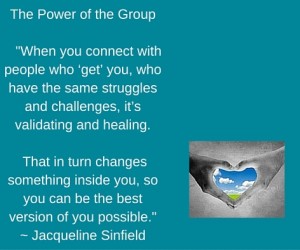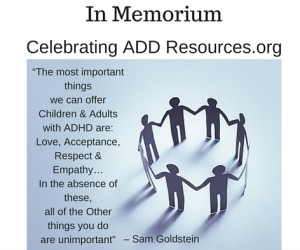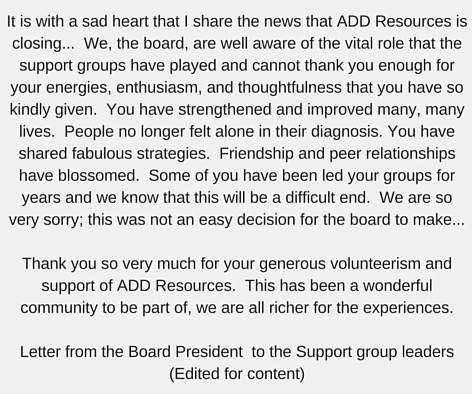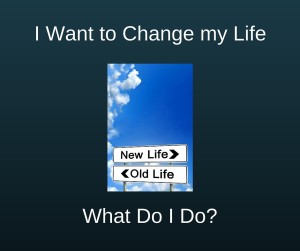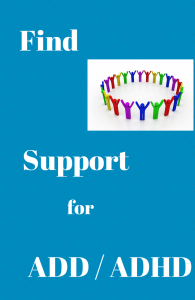By Haseeb Waqar
 “My “ADHD” isn’t some label.
“My “ADHD” isn’t some label.
I own my ADHD.
I love it.
I thrive with it.
Don’t pity me.
I have been through hell and back more than once, and I’m still here, and I’m giving it my all to help as many people as I can and I’m proud of that.
I have many great qualities that define me more than my diagnosis ever will.
A boy was born. That hyperactive ball of energy did not sleep for the first 9 days of his life” tells my mother with a tiresome yet loving smile on her face. That, I would say, was a rock-solid hint as to what would come in time. I remember school being a dreary daily battle; running from one conflict to the next, never really understanding why things around me went so wrong. Unfortunately for me and multitudes of other kids my age, corporal punishment and indifference were the social norms in our schools and community. I felt like I didn’t fit in anywhere, nobody understood me or even wanted to understand me. By the age of 10, my life of constant conflict had finally taken its toll on me. That little boy – once full of curiosity, joy, and always a chatty ball of energy – now become a fearful, silent recluse seeking solitude.
My mother noticed that I had gradually stopped talking in our home and began worrying for my well being. Before I knew it, my mother had changed my school hoping I might find more compassionate and understanding teachers there. For the first time in my life, luck hit me hard. I found myself in a happy place brimming with kindness and understanding – and with it my confidence and self-esteem sky-rocketed. All that built up shame and guilt from my past washed away as time went on. I felt joy every day and most of all: I finally felt normal. My mother showered me with her constant care and supported me through my ups and downs. Thanks to her vigilance, I couldn’t have felt any better.
Then on, I was oblivious to the term ADHD. What is it? What does it mean? Back then I didn’t care – I was living my life as a carefree teen, oblivious to how ADHD was affecting every aspect of my life. As fate would have it, my uncle – who is an ophthalmologist in the UK – had always suspected that I might have ADHD. He sent my mother a pamphlet detailing what ADHD was and all its symptoms. That is how I first came to know of the term ADHD and I was in for a huge revelation.
I could see my entire life reflected in what I was reading. I never realized that all of these things I struggled with were direct results of my ADHD. I finally started to feel like I wasn’t lazy, crazy or stupid. My curiosity naturally drove me to investigate everything there was to know about ADHD. As I kept on reading, I found myself overtaken by a myriad of feelings. I was completely shocked at how nobody had known why I was struggling all along and why no one had tried to help me. I was relieved because my life suddenly made sense, all this new knowledge was proof that every conflict that had brought me and others misery was never intentional on my part.
I couldn’t believe how a general lack of ‘basic’ understanding of ADHD had held my life hostage for so long. I felt immense regret over innumerable past conflicts that need not have happened. On the other hand, I couldn’t have been more grateful for the fact that now I had an explanation for why I had struggled all this time. The next challenge: Survive in a society without any tools and support systems for myself.
After failing to find support at home, I reached out to as many ADHD specialists across the world as I could. Constantly practicing vulnerability, introspection and brutal honesty helped me become more self-aware. With time and tons of self-work, I became capable of talking openly and publicly about my struggles and how I overcome them.
ADHD manifests differently for everyone, and no one should have to go through life feeling the way I felt. We should all have the opportunity to know who our true self is, and to learn to focus on our strengths and gifts rather than our weaknesses.
This is why I decided to go down the path of becoming an ADHD Behavioral Consultant, enabling other kids and adults with ADHD feel more confident, more courageous and less alone on the crazy journey that is ADHD. I want to empower those people, like me, who have been struggling for so many years.
Whether it be in daily life, social situations, career choices, etc. I want you to know that I can help. You are not alone. I know what you have been going through, and I want to help make you the best and happiest version of yourself. No matter where you are in life, I am always happy to talk about your experience with ADHD and to help you find your path in life.
Additional resources: Our latest newsletter was inspired by the points Hasseeb outlined in his story. We’ve provided questions to help you reflect on your own journey with ADHD. See ADHD: What is YOUR story? If you’re struggling with defining your strengths, check out the tools for self-discovery found in both of these articles. Be the Best Version of Yourself: Explore your Strengths by Coach Marla Cummins and/or Self Advocacy for ADHD: Know Yourself. Our Pinterest page ADHD: From the Trenches features many personal stories.
 About the author: Abdul Haseeb Waqar is an ADHD Behavioral Consultant in Peshawar, Pakistan. His mission in life is to help others with ADHD feel more courageous, more confident, and less lonely on the crazy journey that is ADHD. Haseeb is focused and intentional about mastering his ADHD and fighting stigma in his community. He loves talking to fellow ADHDers and listening to their stories.
About the author: Abdul Haseeb Waqar is an ADHD Behavioral Consultant in Peshawar, Pakistan. His mission in life is to help others with ADHD feel more courageous, more confident, and less lonely on the crazy journey that is ADHD. Haseeb is focused and intentional about mastering his ADHD and fighting stigma in his community. He loves talking to fellow ADHDers and listening to their stories.
He feels blessed to have found his ADHD tribe in his online community of friends. Their presence brings immense joy and helps him survive the hard times.
Haseeb uses the tagline The ADHD Rebel on Facebook.
Find him on Instagram @adhd_hasseeb.
Photos of Haseeb found on the ADHD Rebel on Facebook. Modified on Canva.com

